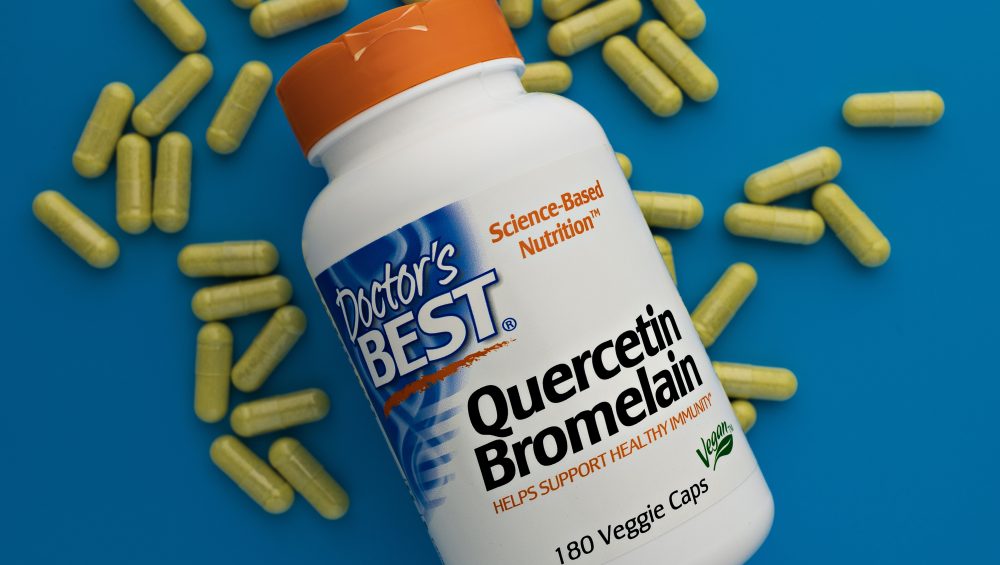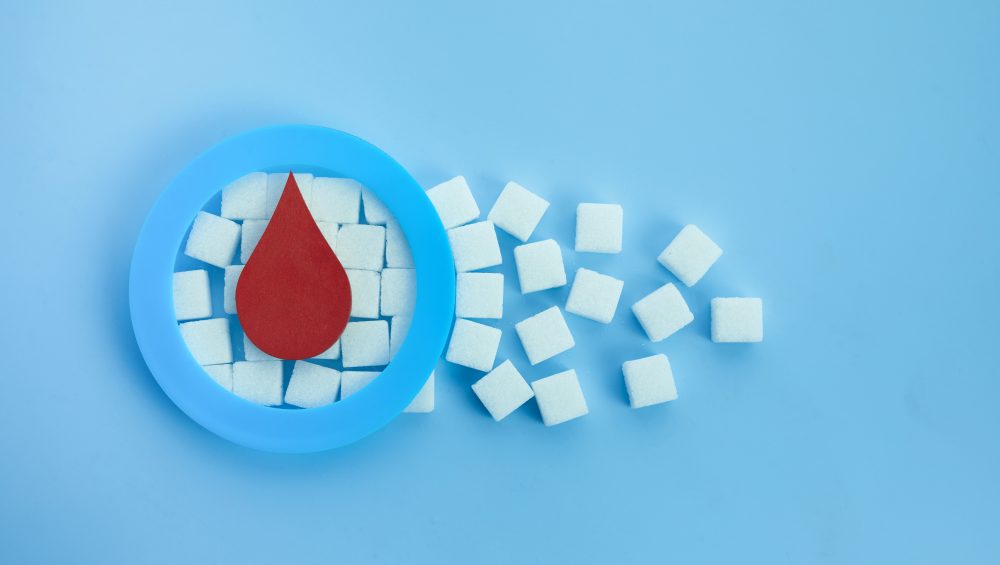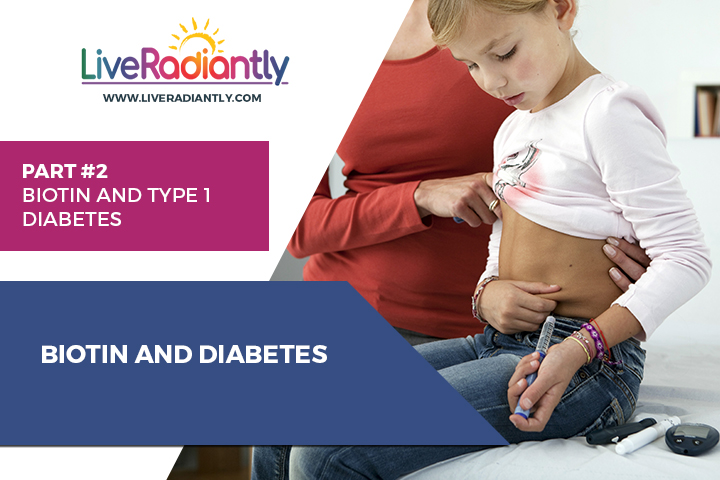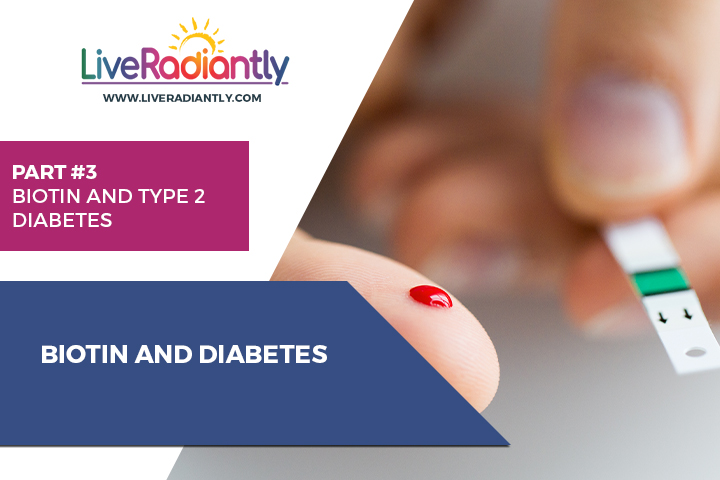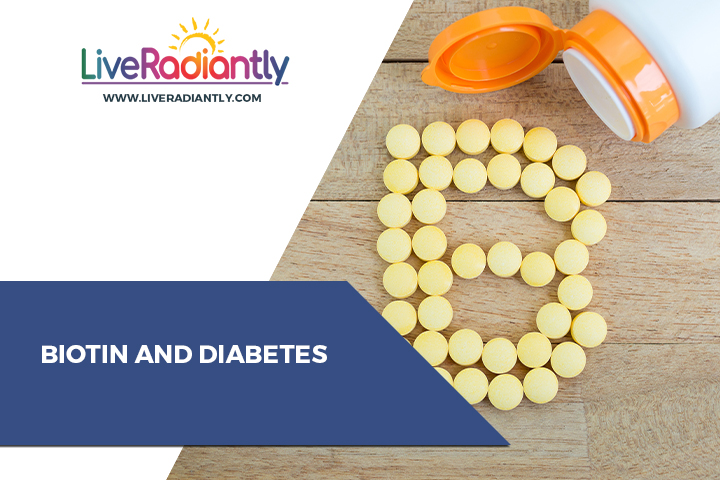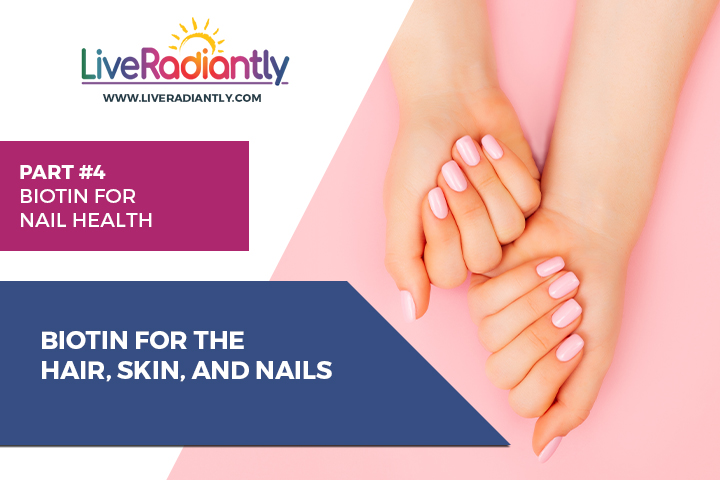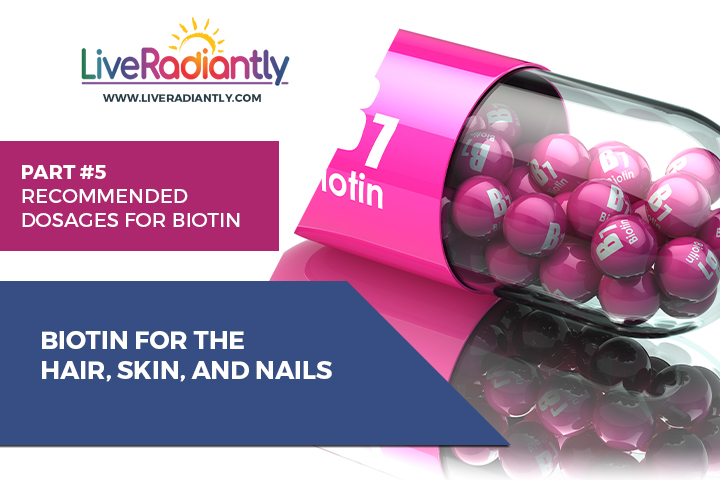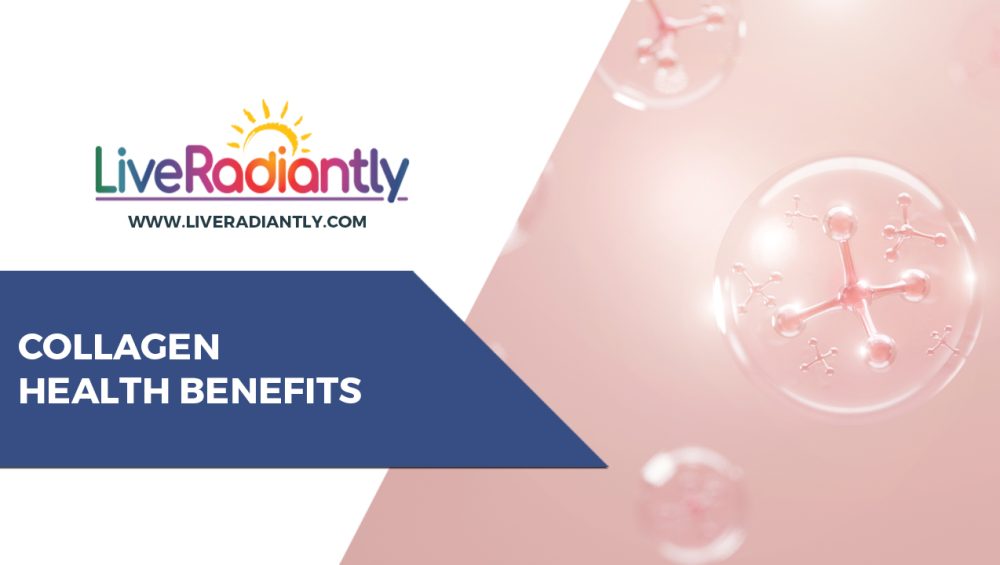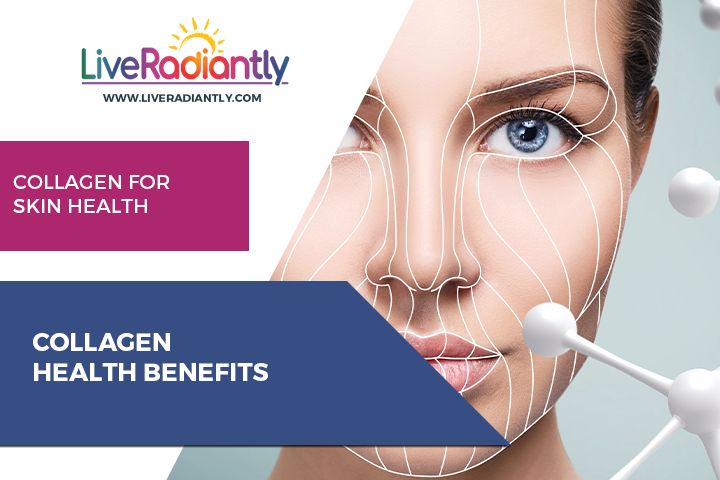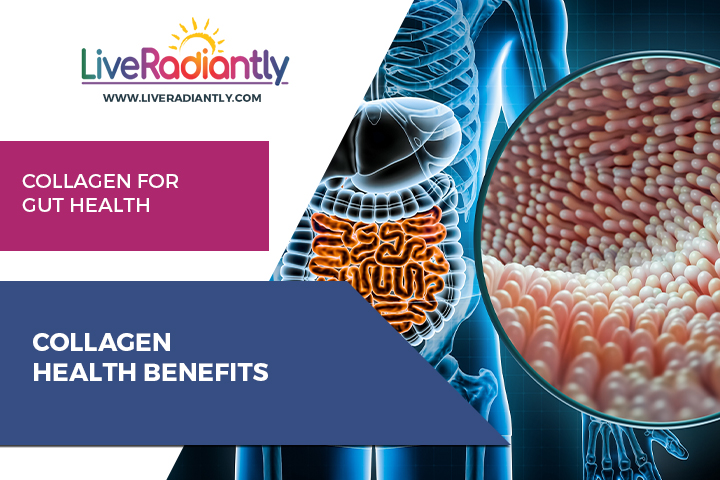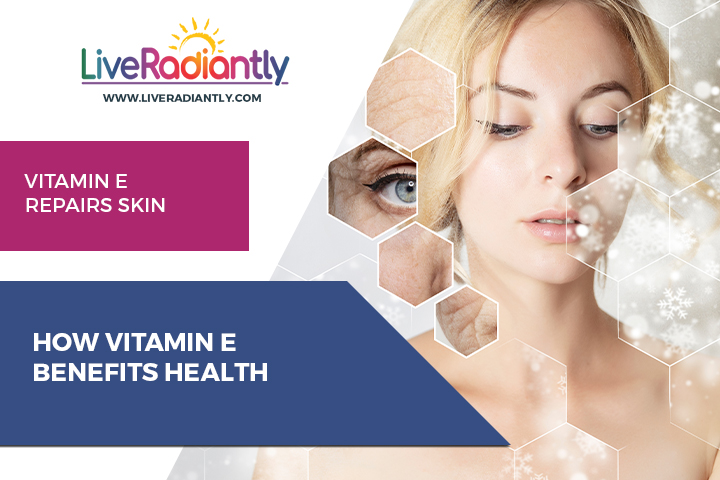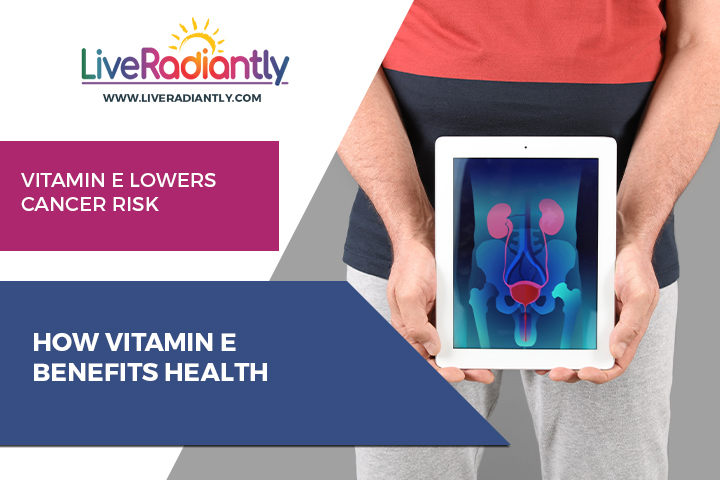Maximizing Your Health With Bromelain
Keeping your health up with natural options is something many of us want to do, but it can be difficult knowing what sort of vitamins and nutrients to utilize. Bromelain is something you may not have heard much about before. Bromelain is an enzyme that can greatly improve your health and help you recover from a few different ailments you may be experiencing. It can be used to reduce inflammation, improve digestion, and even help treat cancer.
Bromelain also has a range of other possible health benefits and can be a great addition to your daily routine. It is a natural supplement that can be found in many sources! Some of those sources are pineapple juice, supplements, and topical creams. In this article, we’ll explore what bromelain can do for you and how you should incorporate it into your diet.

1Introduction
Bromelain is an enzyme derived from the stems of pineapples and has been used for centuries in traditional medicine. It is known for its anti-inflammatory properties and can be used to help reduce pain and swelling associated with injuries and chronic conditions. It also helps improve digestion, enhance immune system function, and even has anti-cancer properties.
When it comes to using bromelain for your health, there are a few different options. You can take it as a supplement, drink pineapple juice, or even use topical creams. Taking it as a supplement is one of the most effective ways to get the full benefits of bromelain.
This article will cover bromelain extensively to help make sure that you are educated on the topic. First, we’ll cover what sorts of benefits bromelain offers. We’ll cover things such as digestion benefits, joint health, immunity, the reduction of inflammation, and more. We’ll also discuss the best sources of bromelain as well as methods of using it and maximizing the bromelain you take.
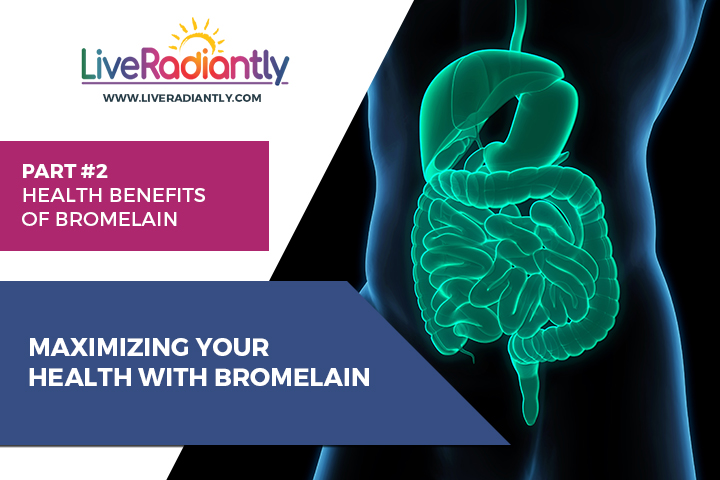
2Health Benefits Of Bromelain
Bromelain has been shown to help to improve digestive health. Bromelain helps break down proteins and can help the body absorb nutrients more efficiently. It can also help reduce bloating and gas, which can lead to improved digestive health. Bromelain can also help reduce inflammation in the digestive tract, which may provide relief from gastrointestinal issues.
Bromelain can also be used to reduce inflammation in the body. This natural enzyme has anti-inflammatory properties and can help reduce inflammation in both the digestive tract and other parts of the body. It has been used to reduce pain and swelling in conditions such as arthritis, bursitis, and tendonitis. Bromelain can also help reduce inflammation in the respiratory system, which may help with allergies. Bromelain can also help reduce mucus production, which is responsible for many of the uncomfortable symptoms associated with allergies.
This natural enzyme can also be used to reduce pain and stiffness in the joints. This enzyme can help reduce inflammation in the joints, which can help reduce the pain associated with conditions such as arthritis and bursitis. Bromelain can also help improve circulation in the joints, which can help reduce stiffness. This can help improve mobility and reduce the risk of further damage to the joints.
Bromelain is a natural enzyme that can be used to boost the immune system and fight infection. This enzyme has anti-inflammatory properties, as mentioned earlier, and can help reduce inflammation in the body. Bromelain can also help the body fight off infections by boosting the body’s natural immunity. Studies have shown that bromelain can help reduce the severity and duration of colds and other infections. Bromelain can also help reduce the risk of developing more serious infections.
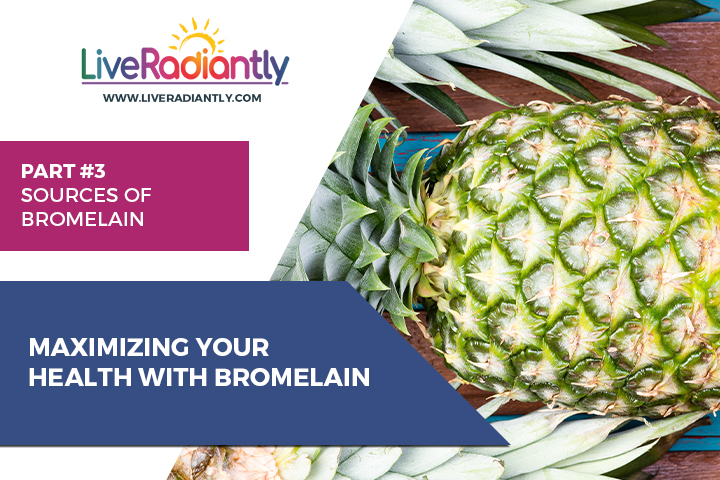
3Sources Of Bromelain
Bromelain is a popular ingredient used in many dietary supplements and is also found in a variety of foods, including pineapple juice, fresh pineapple, canned pineapple, and dried pineapple. It is also sometimes added to other foods, such as yogurt, smoothies, and juices. Some vegan sources of bromelain include sunflower seed sprouts, papaya, and figs. Eating these foods is an excellent way to keep up with your bromelain intake.
Bromelain is available in supplement form, either on its own or in combination with other ingredients. It is available in both tablets and capsules and is often found in combination with other ingredients, such as quercetin and curcumin. Other forms of bromelain include powder, liquid, and topical creams. If you find that you’re not getting enough bromelain from foods, supplementing with these things is an excellent way to get what you need!
The amount of bromelain you should take for optimal health benefits will depend on the type of supplement you are taking and the condition you are trying to treat. It is important to speak to your doctor or healthcare provider before taking any dietary supplement to determine the right dosage for you. It can sometimes cause mild stomach upset, nausea, or diarrhea. It is also vital to note that bromelain can interact with certain medications.

4Methods Of Using Bromelain
The most effective way to take bromelain is to take it on an empty stomach with a glass of water. You should also take it in a divided dosage, meaning that if you are prescribed a daily dose of 500 mg, you should take 250 mg in the morning and 250 mg in the evening. You should wait at least an hour before eating a meal. This will help your body absorb bromelain more effectively.
It is also important to avoid certain foods while taking bromelain. You should avoid taking bromelain with dairy products and high-fat foods, as these can reduce its effectiveness. Additionally, you should avoid taking bromelain with antacids, as this can reduce its effectiveness as well. You should also make a few lifestyle changes, such as getting regular exercise and eating a balanced diet. Additionally, you should try to reduce stress levels, as this can help your body absorb bromelain more effectively.
You can combine bromelain with other natural remedies for additional health benefits. For example, you can take bromelain with turmeric, ginger, or garlic to help reduce inflammation. Additionally, you can take bromelain with probiotics or omega-3 fatty acids to boost your immune system.

Conclusion
The potential long-term health benefits of taking bromelain include reducing inflammation, improving respiratory health, lowering the risk of blood clots, and improving immune system functioning. Additionally, bromelain may also help reduce the risk of certain chronic diseases and help improve overall health and well-being. When taking bromelain, it is vital to keep in mind that it should be taken with meals or snacks, as it can help improve the absorption of other nutrients. Additionally, bromelain should be taken on an empty stomach, as it can cause an upset stomach if taken with food. It is also important to remember that bromelain can interact with some medications, so it is vital to speak with a doctor before taking it.
In conclusion, bromelain is a powerful enzyme found in pineapples that has anti-inflammatory, anti-clotting, and immune-enhancing properties. It can be taken as a supplement to reduce pain and swelling and to treat upper respiratory infections, allergies, sinusitis, and arthritis. Bromelain is generally considered safe when taken in recommended doses and has been shown to be beneficial for health and well-being, with few or no side effects. Taking bromelain can be an excellent way to treat ailments naturally!

